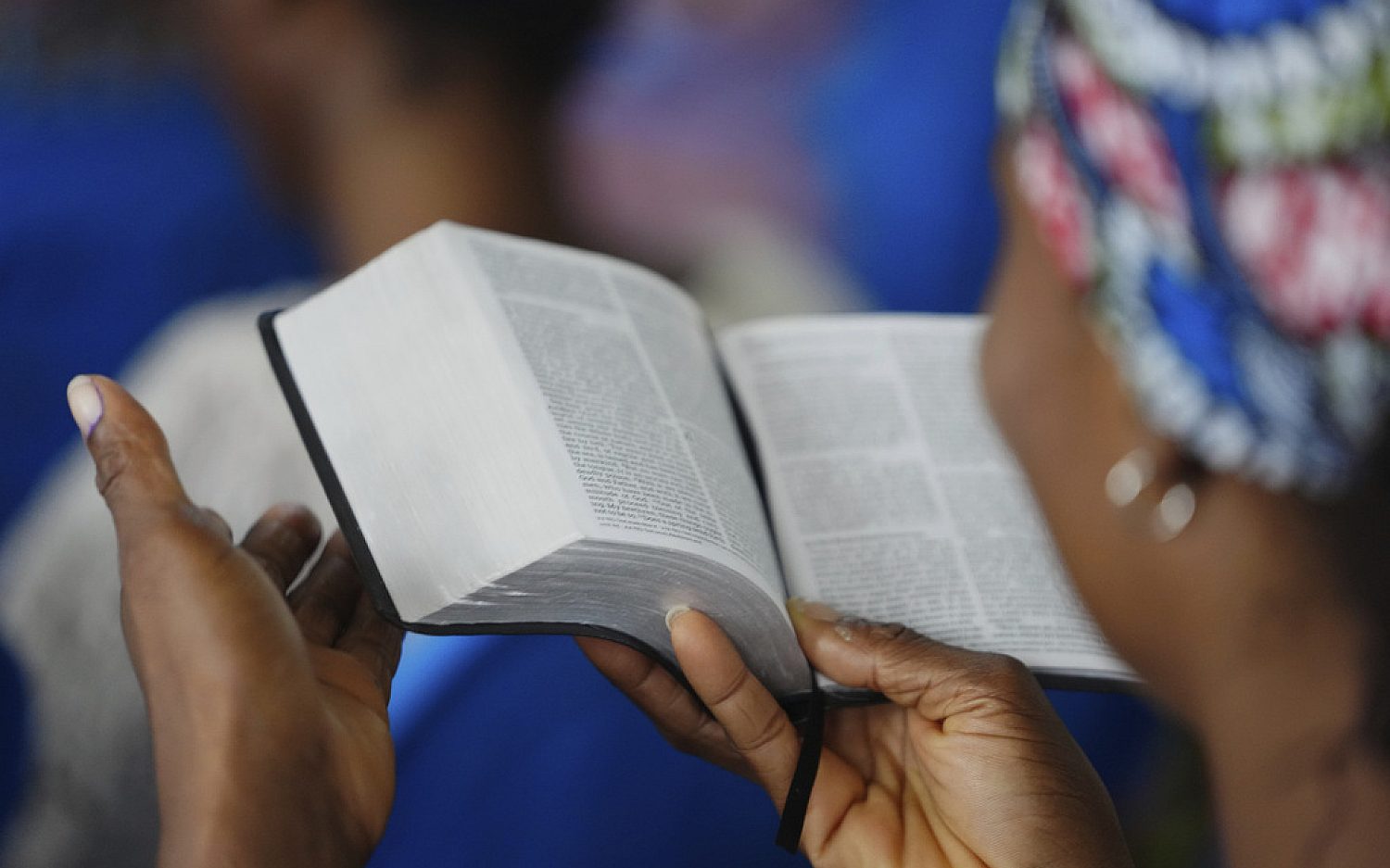Ethiopia ordered to pay reparations to child rape victim
The African Commission on Human and Peoples’ Rights in Gambia has ordered the Ethiopian government to pay $150,000 in compensation to a rape victim and child bride 15 years after the government failed to protect her.
In 2001, 13-year-old Woineshet Zebene Negash was abducted twice, raped, and forced to marry her abductor, Aberew Jemma Negussie. An Ethiopian court initially penalized the attackers but released them on the grounds that Negash consented to sex by marriage.
In 2007, human rights group Equality Now filed for a retrial with the African Commission on Human and Peoples’ Rights, a quasi-judicial body charged with protecting human rights throughout Africa. Last week, the commission ruled Ethiopia violated Negash’s rights to equality, dignity, and a fair trial, among others.
“Having failed to prevent the violations and render appropriate remedies through the criminal justice system, the respondent state now bears responsibility for the violations and is liable to provide reparations,” according to the court decision.
Equality Now described the outcome as an “unprecedented ruling,” since it was the first time the commission heard such a case. The organization hopes the ruling will have a lasting effect on how Ethiopia implements laws already on the books to protect women from abuse.
“This is a really huge victory for both the country and larger that adolescent girls cannot be violated and preventive measures need to be put in place,” said Christa Stewart, program manager of Equality Now’s Adolescent Girls’ Legal Defense Fund.
In 2001, Negussie and four accomplices abducted Negash from her home and Negussie raped her. Local authorities arrested Negussie, but after his release on bail, he abducted Negash a second time and held her captive for nearly a month. During that time, he forced her to give a written consent to their marriage. But Negash escaped, and in 2003, Negussie received a 10-year jail sentence. His accomplices got eight-year terms. But five months later, an appeals court freed the men under a penal code revised in 2005 to exempt rapists from punishment if they marry their victims.
Ethiopia has enacted laws that should protect adolescents and young women from abuse. The country’s 1994 constitution prohibits gender discrimination in the country and both abduction and rape are criminal offenses under the law. Ethiopia also is a signatory of the United Nations Committee on the Elimination of Discrimination against Women (CEDAW). But in a country where 71 percent of women report physical and sexual violence by an intimate partner in their lifetime, experts say more work needs to be done on policy enforcement.
“There are quite a lot of laws in place but there’s gaps in terms of the actual implementation of the laws,” said Laura Brown, a program manager with Womankind, a nonprofit that provides global support for women facing violence.
Experts say the commission’s ruling in Negash’s case could prompt the government to start implementing policies and prosecuting culprits. But increasing consciousness of the high scale of abuse among local communities also could help eliminate the problem, Brown added.
“I think that you can actually start to tackle the issue by preventing it before it starts,” she said. “Working with community leaders to work with their local communities to raise awareness. That’s the most effective way.”
An actual newsletter worth subscribing to instead of just a collection of links. —Adam
Sign up to receive The Sift email newsletter each weekday morning for the latest headlines from WORLD’s breaking news team.





Please wait while we load the latest comments...
Comments
Please register, subscribe, or log in to comment on this article.